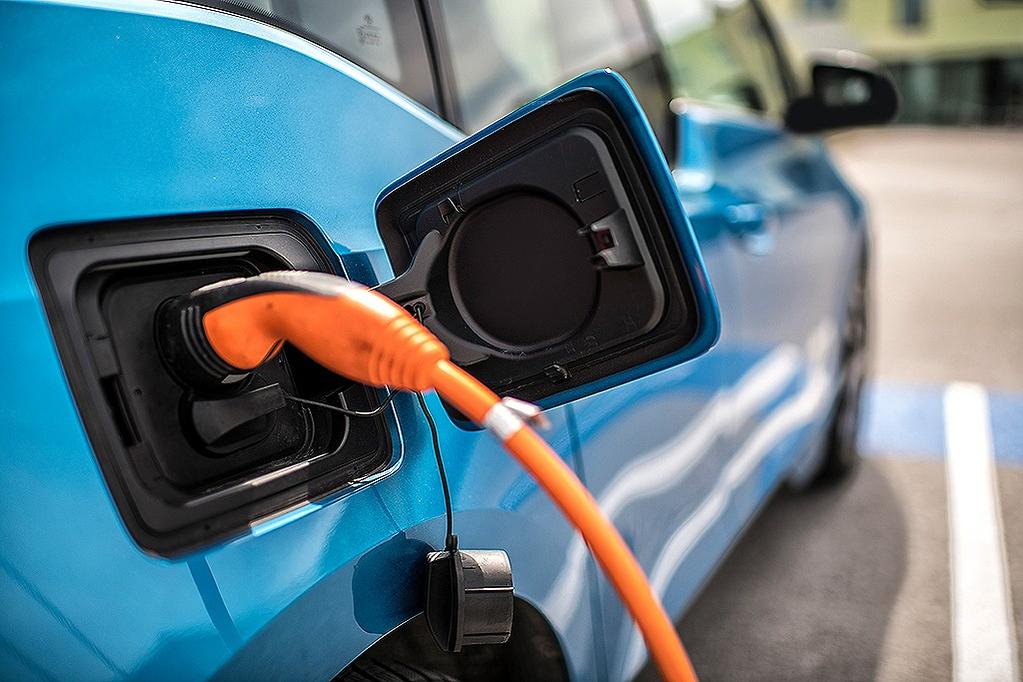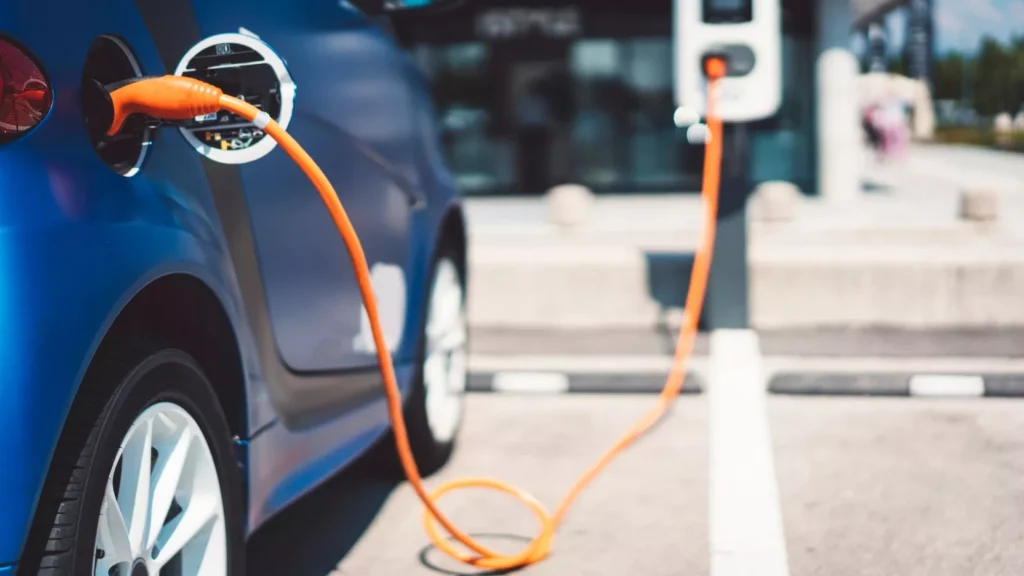If you’re one of the thousands of Australians who have made the switch to electric vehicles (EVs), you might want to buckle up – literally.
The government is considering a new tax plan that could see EV drivers paying hundreds of dollars a year to use the roads.
This proposed road-user charge is intended to make up for the lack of fuel excise paid by EV owners, which is currently a significant source of revenue for the government.
How Did We Get Here?
Right now, drivers of petrol-powered cars pay an excise on fuel, which helps fund our transport infrastructure.

However, EV drivers don’t pay this excise because they charge their cars using electricity.
With the rising popularity of EVs, the government is looking for ways to make sure these drivers contribute their fair share to the upkeep of our roads.
As EV expert Toby Hagon puts it, “It’s an inevitability that they’re going to have to start paying taxes, just like petrol and diesel cars do today.”
What Can We Expect?
Treasurer Jim Chalmers has confirmed that a new tax plan is on the horizon, but the details are still being worked out.
One possible scenario is a road-user charge of around 3 cents per kilometer driven.
Based on the average Aussie driver’s yearly mileage (12,100 kms), this could translate to an annual fee of around $363.
To put this into perspective, the current fuel excise is 50.8 cents per liter, with the average household paying around $1,200 per year.
The Bigger Picture
The government is expecting to rake in a whopping $67.6 billion in fuel excise over the next four years.
However, with the growing popularity of EVs, there’s a need to find alternative revenue streams to fund our transport infrastructure.
As Hagon suggests, one possible solution is to introduce a road-user charge that applies to all cars, regardless of their engine type. This would eliminate the need for fuel excise and create a more level playing field for all drivers.
A Fairer System?
The idea of a universal road-user charge has its merits. By taxing all cars equally, the government could create a more straightforward and equitable system.
As Hagon says, “Don’t just single out EVs or hybrids or plug-in hybrids. Apply a road user charge across the board and get rid of fuel excess.
It seems like a logical way to do it.” Only time will tell if this is the approach the government will take, but one thing is clear: EV drivers may soon be facing a new annual fee to use the roads.

